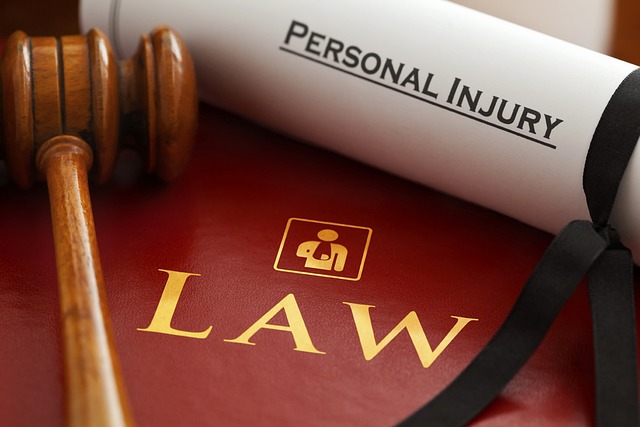What to Look for When Vetting a Personal Injury Attorney
Choosing the right personal injury attorney is a decision that holds substantial weight, especially in the wake of an accident or injury. When you’re facing medical bills, potential loss of income, and the emotional aftermath of an injury, the guidance and expertise of a skilled attorney can be invaluable.
The right attorney doesn’t just bring legal acumen to the table; they provide support, understanding, and a pathway to fair compensation.
In the often-complex realm of personal injury law, having an advocate who is well-versed in navigating these waters can significantly impact the outcome of your case. From negotiating with insurance companies to arguing your case in court, the right personal injury attorney serves as your ally, fighting for your rights and ensuring that your voice is heard.
Qualifications and Experience
When selecting a personal injury attorney, their qualifications and experience are paramount. The foundation of a competent attorney lies in their educational background.
Ensure they have a law degree, preferably with a specialization in personal injury law, as this indicates a focused understanding of the field. Equally crucial is their practical experience; look for an attorney with several years of practice, specifically in personal injury.
For instance, if you’ve suffered a workplace injury, an attorney who primarily handles automotive accident claims might not be the best fit. This alignment of experience with your specific case type can greatly influence the outcome.
Track Record and Success Rate
Evaluating a personal injury attorney’s track record and success rate is a crucial step in the vetting process. Begin by examining their past case results, focusing on settlements and verdicts relevant to your type of case.
A history of favorable outcomes is a strong indicator of the attorney’s capability and expertise. It’s also important to delve into client testimonials and reviews. These firsthand accounts offer insights into the attorney’s effectiveness, professionalism, and client satisfaction.
Communication Skills and Client Relations
Effective communication skills and strong client relations are vital attributes of a proficient personal injury attorney. Initially, assess their availability and responsiveness. An attorney who is readily accessible and responds promptly to your inquiries demonstrates a commitment to your case.
Furthermore, the clarity with which the attorney explains legal procedures, options, and terms is crucial. You should feel confident in your understanding of each stage of your case and the legal strategies involved.
Fees and Billing Practices
Understanding an attorney’s fees and billing practices is crucial in your selection process. Here are key points to consider:
- Contingency Fees: Most personal injury attorneys work on a contingency fee basis, meaning you pay only if you win your case. Clarify the percentage they will take and any conditions attached.
- Fee Structure Clarity: Ensure the attorney provides a clear, written explanation of all fees and costs you may incur. This includes any expenses for investigations, expert witnesses, and administrative costs.
- Comparison with Industry Standards: Research typical fee structures in your area to understand if the attorney’s rates are reasonable and competitive.
- No Recovery, No Fee Policy: Confirm if the attorney operates under this policy, ensuring you aren’t financially burdened if the case doesn’t result in a settlement or verdict in your favor.
- Out-of-Pocket Costs: Inquire about any costs you might need to pay upfront or during the case. This can include filing fees, costs for obtaining medical records, and other miscellaneous expenses.
Conclusion
Choosing the right personal injury attorney is a multifaceted decision that requires careful consideration of various factors. From verifying their qualifications and experience to understanding their approach and fee structure, each aspect plays a crucial role in determining the suitability of an attorney for your case.
Remember, the attorney you choose will not only represent you legally but will also be a key ally in navigating the complexities of your personal injury claim. By taking the time to thoroughly vet potential attorneys, you can ensure that you select a professional who is capable, trustworthy, and aligned with your goals, ultimately enhancing your chances of a favorable outcome.




















